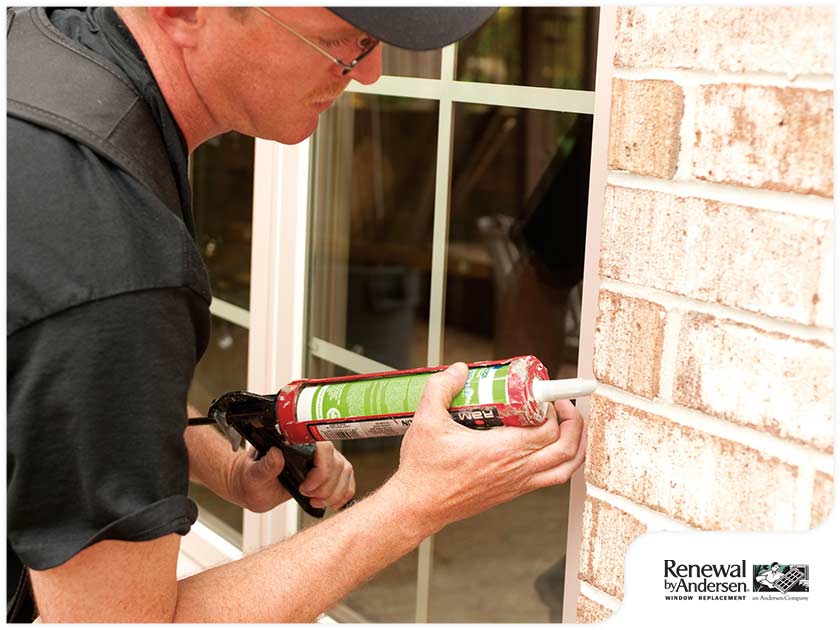

If you notice that your windows are looking a bit foggy, then it only means your window seals have failed. Of course, while it’s recommended to have a replace your windows as soon as possible, you might wonder how the seals failed in the first place.
Whether you live in an area with a lot of wind or have recently experienced high winds, you might be led to assume that wind could be the culprit behind your broken window seals. But do strong winds really affect a window’s performance? Let’s take a look first at how modern windows are made.
You’ll find that most of today’s homes are fitted with multi-pane windows. These consist of a window frame that holds insulated glass (IG) units. The IG units consist of two or more layers of glass with either air or moisture-less inert gas sandwiched between them. The trapped gas has a crucial function; it conducts heat less efficiently than outside air, which effectively lowers the heating and cooling demand to keep the indoors of your home comfortable. This feature also makes these windows resistant to fogging and frosting.
Professional window installation contractors understand how multi-pane windows are always exposed to a range of weather conditions each day, including temperature changes. The window components, including the trapped gas, drop in temperature every night. When it’s daytime, the windows increase in temperature, especially those that are directly exposed to sunlight. Naturally, the trapped gas will expand when heated. This happens on a daily basis, and the constant pressure changes is actually an industry term known as thermal pumping.
Over time, thermal pumping takes a toll on your windows, no matter the climate. The seals would slowly deteriorate due to the thermal pumping stresses between the glass. It will start as small fractures and then develop and grow, allowing increased amounts of infiltration and exfiltration of air between the panes. While temperature can greatly affect how your window seals will last, wind damage can also have an effect on their function. If your window seal is already old or highly damaged, wind can be the final factor in its failure. This can also be a factor during a rainstorm as moisture can be sucked in-between the panes when your window seals are already damaged.
The answer to whether or not wind can contribute to your foggy windows can vary, but a proper inspection is highly recommended. So, when you’re looking for a reliable window installation contractor to an inspection or replacement, we’ve got you covered. Call Renewal by Andersen® of San Francisco today at (866) 609-5033, or you can reach us online by filling out our contact form. We serve San Francisco and nearby areas.